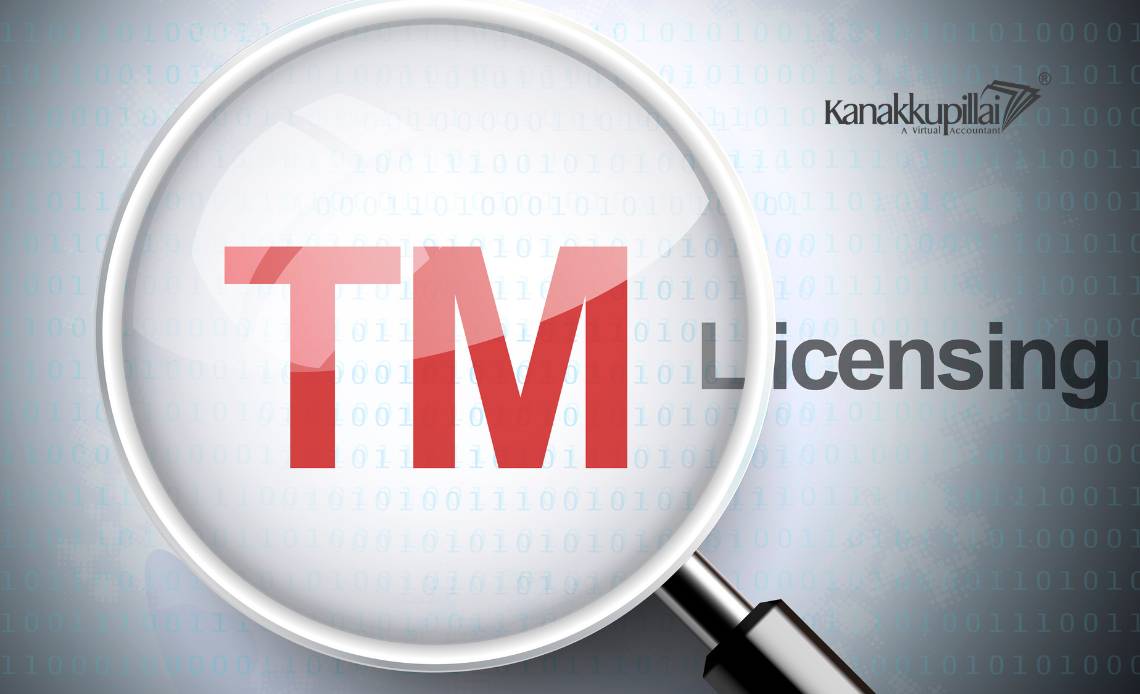Last Updated on September 8, 2025
Bearing manufacturers require trademark registration to win customers’ trust for maintaining product quality and making a recognisable brand. They make use of modern machinery and precision engineering techniques for manufacturing high-quality, efficient bearings that can be utilised in different industries. In order to qualify for exporting bearing products globally, bearing manufacturers need trademark registration with appropriate certifications like ISO, SME, ASME, etc. In this blog, we will explore how we can trademark your brand in the bearing industries.
Why Trademarks Matter in the Bearing Industry?
With numerous manufacturers worldwide in the highly competitive bearing industry, protecting brand identity is crucial. It is more than just losing revenue from counterfeit products or imitations, but it also impacts customer trust and perceived safety. Obviously, getting a trademark on a logo, brand name, symbol, tagline, etc., allows the bearing manufacturers to create an identity separate from all of the other manufacturers in the marketplace. Additionally, it enables them to distinguish between genuine and counterfeit products, cultivate long-term loyalty with distributors or end-users, secure legal rights to protect against infringement or misuse, and, in general, safeguard their reputation by operating a reliable and credible brand.
Steps to Trademark Your Brand as a Bearing Manufacturer
1. Trademark Search and Selection
Before you apply, make sure you do a trademark search to see if your brand name or logo is in use or registered to another organization or entity. Even though it is still possible to receive an approval with some similar names, you’ll add to the likelihood of receiving approval by adopting a unique name that is not generic.
2. Application Filing
Trademark applications can be submitted by manufacturers in the appropriate class (usually Class 7 for bearings or parts of machines). The application can be filed online using the Intellectual Property Office in India or the appropriate international authorities.
3. Examination and Publication
Once filed, the application is examined to determine if it complies with requirements. If accepted, the application is published in the Trademark Journal for opposition. Competitors may oppose the application if they believe it conflicts with their rights.
4. Registration and Protection
If there are no objections, then the trademark will be registered, following which a certificate will be issued to the Client. Under Canadian law, trademarks are valid for a period of 10 years, and trademark registration can be renewed an unlimited number of times.
Benefits of Trademarking for Bearing Manufacturers
There are many lasting benefits of registering trademarks for bearing manufacturers, which can boost customer goodwill and competitive advantage. A registered trademark will provide status, integrity, confidence and professionalism along with strong legal protection against counterfeiters and unauthorised uses. Trademark registration may also increase the probability of export opportunities, as most foreign buyers will not purchase products from non-registered manufacturers.
In addition to assuring compliance, a registered trademark is an active agent to leverage growth by increasing visibility, creating trust, and creating brand awareness in highly competitive domestic and global markets.
Good Practices for Protecting Your Trademark
Even after a trademark is received, bearing manufacturers must continue to vigilantly protect their intellectual properties. Proper use of the ® or ™ symbol will establish ownership of the trademark and reduce unwanted or inexorable actions. Monitoring both domestic and foreign markets on a regular and continual basis helps to identify possible misuse or some type of infringement of the trademark before a significant threat exists. Also, keeping the trademarks current and up to date is of utmost importance to ensure that the trademarks remain renewed and that companies do not relinquish their legal rights to the trademark and trademark protection, thus keeping the brand identity and reputation intact for sometimes decades. Those companies that want to secure trademark protection for a more global market may register under the Madrid Protocol to allow for trademark protection for multiple countries and really solidify brand recognition and market credibility internationally.
Tips for Selecting the Best Bearing Manufacturers
In choosing the right manufacturers for Taper Roller Bearing, businesses should consider more than just cost alone; they need to consider commodity bearing overall quality, reliability, and support. Several factors are key to their decision-making process. Assess the manufacturers’ certifications, globally accepted standards (ISO, ASME, etc.) and if the bearings they supply bear any impartial certifications to verify the integrity of the product. Previous performance history in delivering bearings to a range of industries is another acceptable indicator of quality bearings and an indicator of trustworthiness or consistency. Experienced and reputable manufacturers with contemporary infrastructure, manufacturing machines, and good R&D are likely to supply a precisely engineered product. The immediate follow-ups after the sale of their product, while considering customisation and export channels, can provide buyers with alternatives which would hopefully develop a long-term relationship with a reliable product supplier for bearing requirements.
What should the government do to encourage bearing manufacturers?
To support bearing manufacturers, the government should concentrate on creating a favourable ecosystem around these manufacturers , including opportunities for innovation, competitiveness, and reaching global markets. Some opportunities that the government could provide include tax benefits, subsidies, and low-interest loans for technology upgrades and automation, dedicated research-and-development centres, and tie-ups between manufacturers and technical institutes to bolster product innovation, eliminate export regulations, reduce import duties on raw materials, and offer access to international certifications that strengthen global competitiveness. Also required government support would be infrastructure improvements, skills training, and quality testing facilities, which will make it possible for Indian bearing manufacturers to take their production to the next level, maintain high standards, and compete in domestic or international markets.
Conclusion
Trademarking for bearing manufacturers, like tactical tools for marketers, while legally required, is a conscious investment in brand identity, relational confidence, brand sustainability, and brand growth. If Indian bearing producers and more broadly, bearing producers, resumed trademarking a brand name, they would have a stronghold in both domestic and world markets, recognising the looming threat of counterfeiting and protecting their valuable market reputation from theft.





